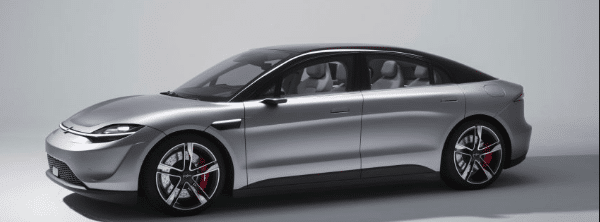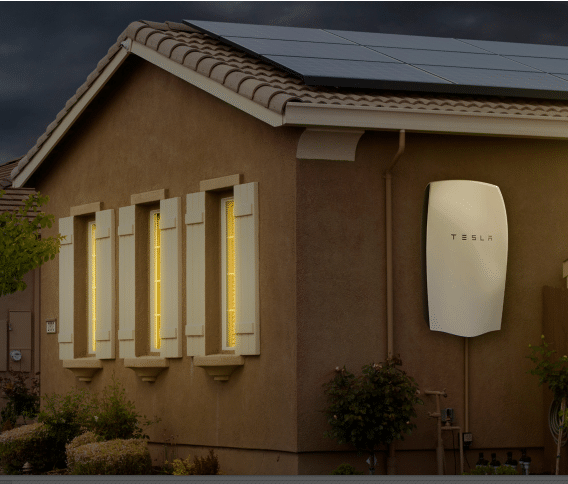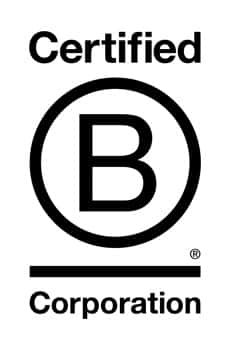Happy New Decade, Colleagues! The beginning of the 2020s brings a new chapter in the epic saga of the solar industry’s growth and evolution. Before 2020 flies by, here are three key trends to consider as you create or refresh your 2020 solar + storage marketing strategy.
#1: EVs & Batteries
Between Elon rolling out the debut of the Tesla 3 in China (complete with dance moves) and companies of all types introducing their own EVs (we’re looking at you, Sony), 2020 has firmly established itself as the year of the EV. And with this comes a clear message: EV battery storage infrastructure with solar is no longer a luxury. It’s a necessity.

So where does your company fit in? As you identify your battery storage partners for your residential and commercial clients, explore companies with a reputable presence that also understand how to market a solar+storage joint project.
For example, SunRun’s site about its solar + storage solution, called Brightbox, provides a helpful guide to show where maximum value can be achieved depending on what state you are in. This marketing strategy is highly effective, as it both informs and engages. Any solar company with a storage offering could adopt a similar approach. Quantifying your products’ benefits locally is a great way to stand out.
#2 The Cost of Solar + Storage: Declining and Streamlining

First, the bad news: Federal legislation extending the solar ITC tax credit didn’t pass, so as of January 1, the tax credit has declined from 30% to 26%. The good news: We will survive. Prices for solar components are still steadily declining, and it’s not just solar modules and components; battery storage costs (both commercial and residential) are falling as well. In fact, a study released by The Rocky Mountain Institute finds that battery energy storage costs are less than a fifth of what they were a decade ago, enabling batteries to become cost-effective in a growing list of locations and use cases.
With the declining cost for solar+storage and a streamlined installation process in many jurisdictions, this more than overcomes the ITC reduction, adding more savings that can be passed on to your customers.
#3 Climate Change Comes of Age
With all the recent news on climate change, your customers are more informed than ever. Terms like “resiliency” and “peak shaving” are no longer just industry jargon – they are topics your customers understand increasingly well. Both residential and commercial customers will be even more interested in renewable energy as a foundation of their commitment to sustainability and a tangible way to mitigate climate change.
In addition, more and more companies are adopting a triple-bottom-line approach, focusing on the 3 Ps of people, planet and profit. Numerous studies show that sustainability isn’t just good for the planet; it’s good for business. This Forbes article is a good primer on the triple bottom line known as TBL.
Whether or not your company has adopted a TBL approach or have thought through your sustainability goals, as a solar company it’s a good idea to be able to answer questions like these:
How do you source your panels and batteries? Where and how are they manufactured? Will the solar + storage system charge and deploy at a time that will maximize its value and minimize its carbon footprint (aka: Arbitrage)? How does the system work during a planned or unplanned blackout due to climate events like wildfires or ice storms?
Being able to answer these questions with data and examples to back them up will quickly show your clients you are informed about sustainable practices.
Differentiating Your Company with B Corp Certification

A highly effective way to prove your company’s commitment to sustainability is to become certified in one of the sustainability standards. We can walk you through the possible certifications, our preferred being the B Corp Certification, since it is an established standard with global recognition. Earning a B Corp Certification enhances your brand by showing your customers that you are a highly reputable company with a greater social purpose.
If you are interested in applying for B Corp Certification, or want to talk about how to hone your solar + storage marketing strategy in 2020, we’re here to help. Contact us directly for a complimentary consultation session.
No matter how you choose to market your services, be ready to hit the ground running in 2020 and take full advantage of this exciting new chapter in our industry!



